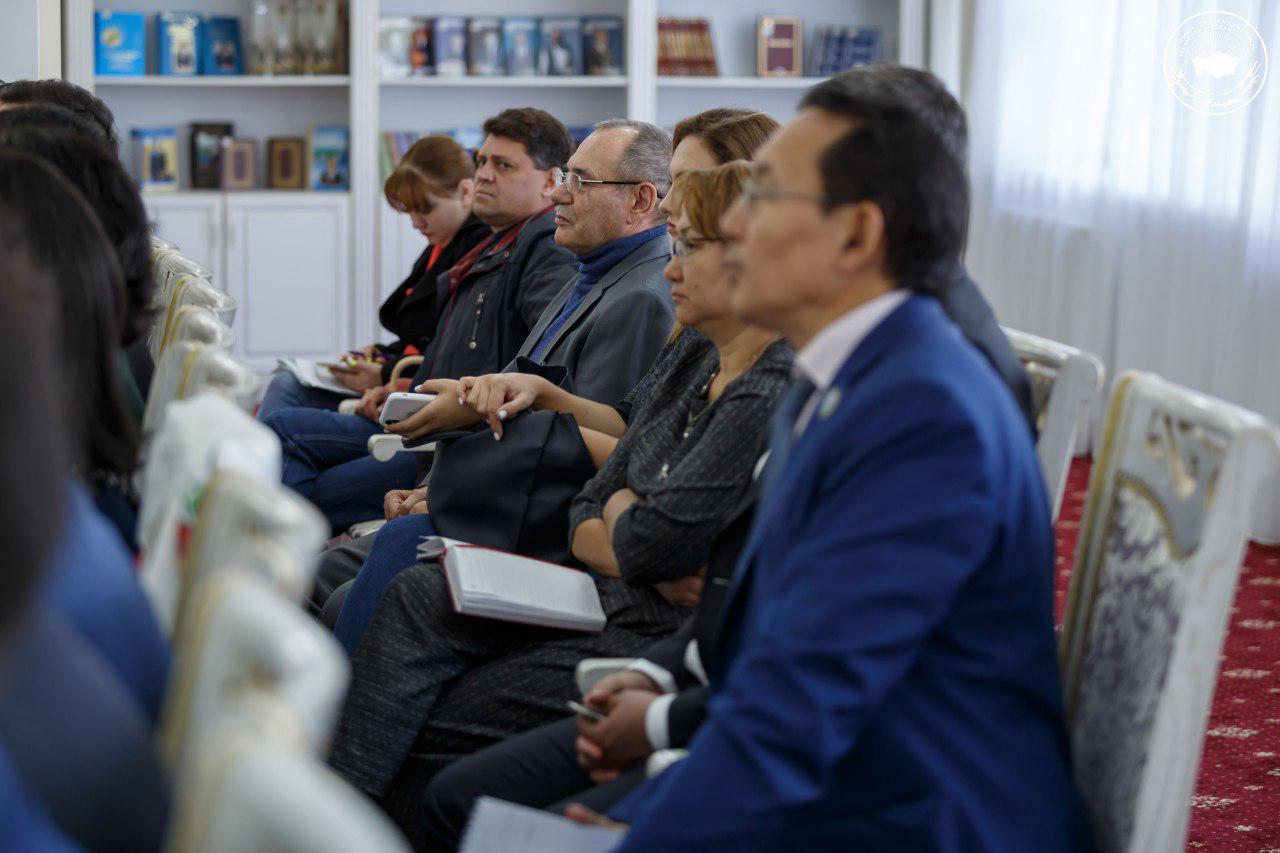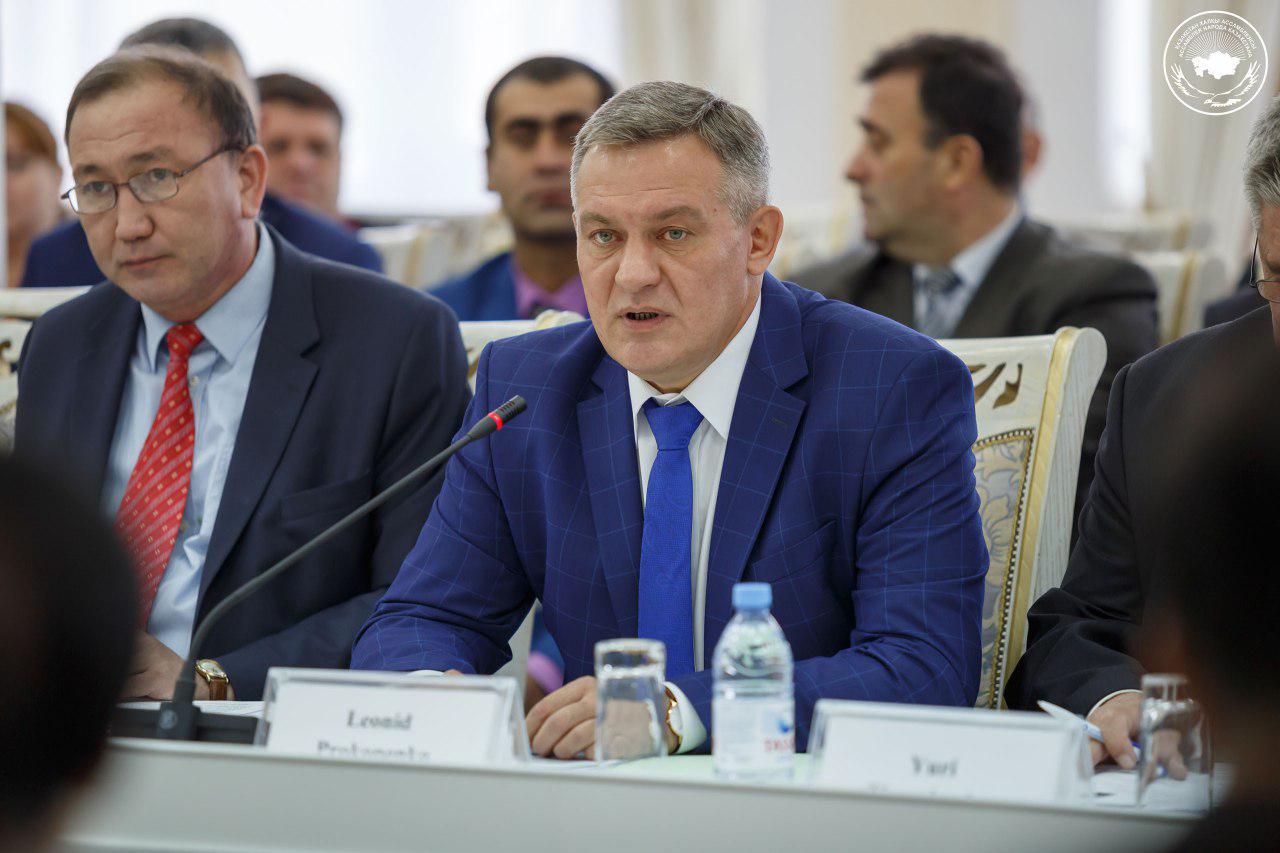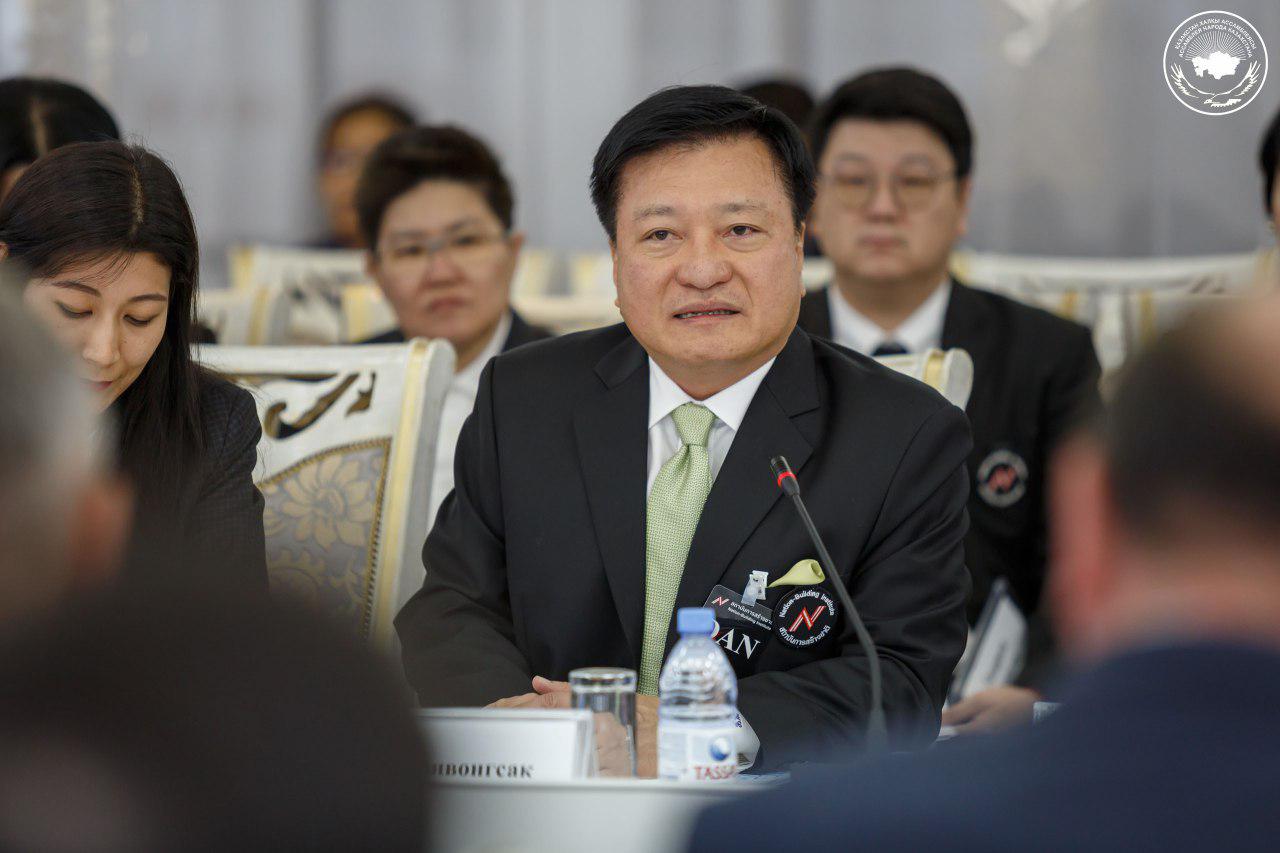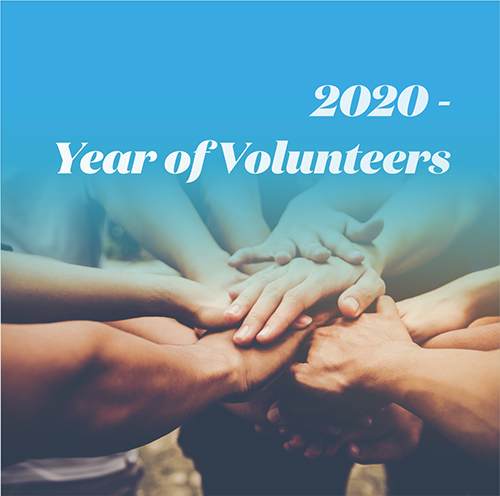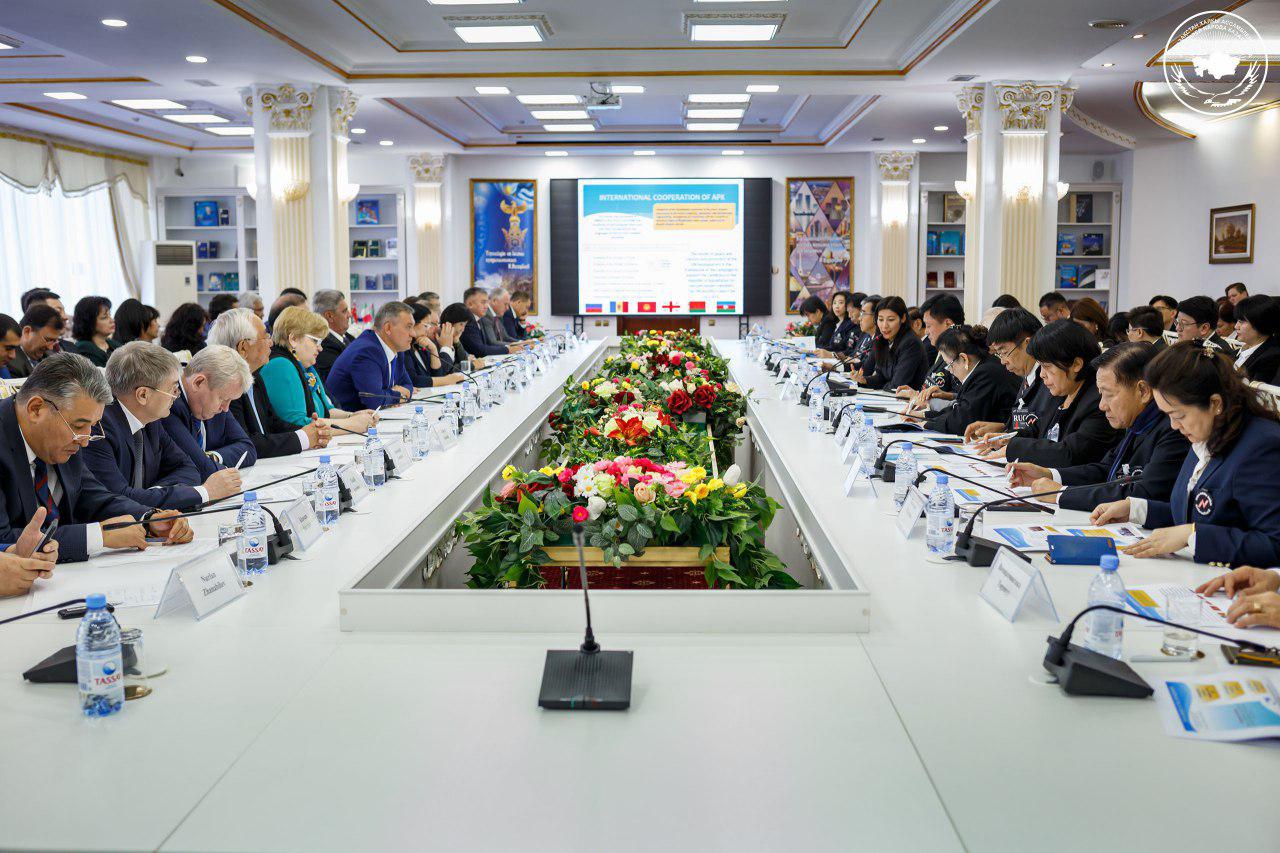
03 September, 2018

APK and Nation-building Institute of Thailand agreed on cooperation in the field of inter-ethnic relations
The event was attended by Deputy Chairman – Head of Secretariat of APK Leonid Prokopenko, deputies of the Mazhilis, Chairman of Nation-building Institute, Senior Lecturer at Harvard University, Professor Kriengsak Chareonwongsak, members of APK, representatives of the science and expert community of APK, ethno-cultural associations and structures of the Assembly.
Leonid Prokopenko welcomed the guests and presented Kazakhstan's model of public consent and national unity of N.A. Nazarbayev.
“I would like to emphasize that the Kazakhstan's model is based on several principles. Since 1989, representatives of about 40 ethnicities have created their own ethno-cultural associations in order to preserve and develop their traditions and culture. In 1995, we joined into the Assembly. In addition, all ethnicities have a very high social and legal social status. Each member of an ethnos is not considered as a national minority. We do not even use this term in Kazakhstan. Each of us is a citizen of Kazakhstan, respectively, an integral part of the people of Kazakhstan. Representation of ethnicities and implementation of their interests is discussed at the highest state level, at the level of the President.The head of state is the guarantor of the Constitution and Chairman of the Assembly of people of Kazakhstan. Finally, we have implemented the principle of unity of diversity. We openly say that the Kazakh people is the unifying principle. In the XX century, Kazakh people during Stalin's repressions and deportations sheltered 62 different ethnic groups. And all this happened a few years later despite the fact that the Kazakhs lost half of their population after collectivization. In these difficult years, we have developed a tradition of friendship and mutual assistance on the basis of Kazakh hospitality. Today we consider the Kazakh people as a cultural and historical core around which our multilingual and confessional model is built. Assembly of people of Kazakhstan is considered in different forms. It can be a collection of state bodies that work with inter-ethnic relations, represents civil society, and it also provides a dialogue with the state. Today, the structure of the Assembly of people of Kazakhstan includes 1111 ethnic and cultural associations that represent the interests of all ethnic groups of Kazakhstan. Issues of interethnic relations always require scientific understanding, so we have created Science Expert Council of the Assembly. Its working body is the Centre for the study of inter-ethnic and inter-religious relations of the Academy of public administration under the President of the Republic of Kazakhstan. This allows us to train all civil servants in the technology of inter-ethnic relations. Scientific groups of the Assembly of people of Kazakhstan were created in each region, 40 leading universities have departments of the APK. These departments provide work with students and teach the Kazakhstan model of peace and harmony. To unite the youth across the country, we have created youth movement “Zhangyru zholy”. Today, this structure works very effectively in all areas. To sum up, I would like to conclude by saying: “We look forward to the future and we will be able to look if we maintain unity and harmony. If there is no unity and consent – there will be nothing,” L. Prokopenko said.
In turn, professor Kriengsak Charoenwongsak thanked for the kind reception and shared the memories when he first met Kazakhs.
“I met them about twenty years ago at Harvard University, they worked in the field of oil and gas. I decided that I should visit your country to find out how you work in this industry, how you develop this field. I also know that more than 130 ethnicities live in Kazakhstan. I've always wondered how people of different cultures live in the same country. We would like to learn from you how fast your country is developing in such a short period of time. “Kazakhstan-2050” Strategy is a strong vision of the future. Kazakhstan is a leading producer of uranium, you have a lot of rare mineral resources and you use them correctly for the development of the country. We are here to learn from you the economic, cultural and social aspects. I hope that after our meeting, the relationship between Kazakhstan and Thailand will be stronger,” said the foreign guest.
Дата события ассамблеи: 03.09.2018
Похожие новости
-
Address of the Council of the Assembly of People of Kazakhstan
-
Assembly of People of Kazakhstan organized an extended meeting of the Secretariat
-
An extended meeting of the Council of the Assembly of the People of Kazakhstan takes place in Nur-Sultan
-
“Policy of interethnic harmony: our unity in diversity”
-
A meeting dedicated to the organization of the club of journalists of the APK took place in the capital
-
Assembly of the People of Kazakhstan congratulates the Kazakhstanis on Constitution Day
Похожие новости
-
Address of the Council of the Assembly of People of Kazakhstan
-
Assembly of People of Kazakhstan organized an extended meeting of the Secretariat
-
An extended meeting of the Council of the Assembly of the People of Kazakhstan takes place in Nur-Sultan
-
“Policy of interethnic harmony: our unity in diversity”
-
A meeting dedicated to the organization of the club of journalists of the APK took place in the capital
-
Assembly of the People of Kazakhstan congratulates the Kazakhstanis on Constitution Day






